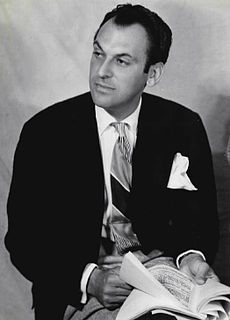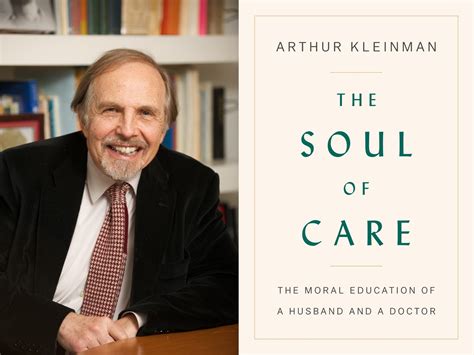Цитата Теренса Маккенны
Люди в пределах своих собственных квартир становятся Магелланами внутреннего мира, дотягиваются до этой чуждой вещи и начинают наносить ее на карту и возвращать истории, которые можно сравнить только с теми историями, которые летописцы Нового Света возвращен в Испанию в конце 15 века.
Связанные цитаты
Писатели воображают, что они собирают истории из мира. Я начинаю верить, что тщеславие заставляет их так думать. Что на самом деле все наоборот. Истории отбирают писателей со всего мира. Истории раскрываются перед нами. Публичный нарратив, личный нарратив — они колонизируют нас. Они заказывают нас. Они настаивают на том, чтобы им сказали. Художественная и научно-популярная литература — это всего лишь разные техники рассказывания историй. По причинам, которые я до конца не понимаю, художественная литература вырывается из меня, а научная литература вырывается из-под боли, разбитого мира, в котором я просыпаюсь каждое утро.
Другие века имели свои движущие силы. Что будет с нами, когда люди однажды оглянутся назад? В конце концов, может быть, это будет не американский век. Или русский век, или атомный век. Было бы замечательно, Фил, если бы наступил век всех, когда люди во всем мире — свободные люди — нашли способ жить вместе? Я хотел бы быть рядом, чтобы увидеть некоторые из них, даже начало.
Когда мы умираем, эти истории все еще на наших устах. Истории, которые мы будем рассказывать только незнакомцам, где-нибудь в уединенной камере полуночи. Эти важные истории мы годами репетируем в своей голове, но никогда не рассказываем. Эти истории - призраки, возвращающие людей из мертвых. Лишь на мгновение. В гости. Каждая история — призрак.
Написание коротких рассказов было похоже на то, что я все время жульничал, каким-то образом. Я ходил туда-сюда между написанием романов и время от времени ускользал, чтобы поработать над рассказами. Эти рассказы были написаны за последние 10 лет или около того, когда я делал перерывы в написании романов.
Богословие похоже на карту. Простое изучение и размышление о христианских учениях, если вы остановитесь на этом, менее реально и менее увлекательно, чем то, что мой друг получил в пустыне. Доктрины — это не Бог: они всего лишь своего рода карта. Но эта карта основана на опыте сотен людей, действительно соприкасавшихся с Богом, — опыте, по сравнению с которым многие трепеты благочестивых чувств вы и я, вероятно, испытаем сами по себе, очень элементарны и очень запутаны. А во-вторых, если вы хотите пройти дальше, вы должны использовать карту.




































